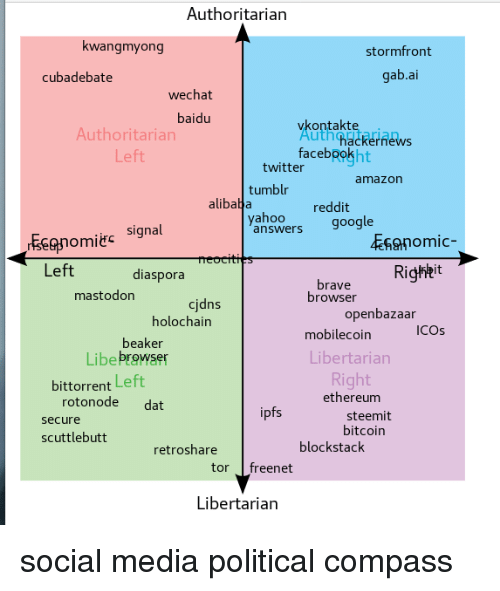Earlier this week, we had a long meeting in which many important things were said. One thing from @mirkopresser stayed with me: something like
the Commission feels a mismatch between who they are talking and the pioneers of this new human-centric Internet.
As I considered this, I realized that it is not at all clear (not to me, at least) what “a human-centric Internet” actually is. @RobvanKranenburg (at the London meeting) and @katjab (in this article) have spelled out the NGI Forward vision as well as I know how:
But things don’t have to be this way. Between Silicon Valley’s corporate-led internet and the Chinese model, where the government is in charge, can we come up with a third narrative, where citizens and communities are in control and can determine their own future?
In other words, for now all we have a is a big question mark. This opens a lot of room for “mismatches” like the one described by Mirko. Who is it the Commission have in mind? Who could be a good metaphor for a human-centric Internet builder? A Creative Commons lawyer? A Siemens R&D employee? A startupper drawing exponential curves in a PowerPoint file?
As I mused about these things I chanced into a discussion on Scuttlebutt, (like @hugi and @matthias, I try to keep some tendrils in the indieweb, probably not as seriously as they do). To see the whole thing, if you use Scuttlebutt, use message ID %u0fnmwUQTBcL9S8HP3uYCdBgnssu4GIyWSuo5XLYvPs=.sha256, but the title says it all: “Deprioritizing first world problems”. The back story is this: an often-repeated feature request of Scuttlebutt is to provide for a multi-device account. The author of the original post has this to offer:
Multi-device management is by definition a problem experienced by people who own multiple devices , and those are probably by definition not the underconnected world […].
It turns out that if you pick first world techies as your target audience, you’ll be dealing with people who perceive tiny inconveniences to be major showstoppers. Moreover, if you keep on catering to them, you’ll be empowering privileged people more than the underprivileged (one example is that if you build apps to be online-only, you are privileging the privileged with good internet connectivity and ignoring the underprivileged, widening the inequality gap further). Meanwhile, underprivileged people are less demanding and more welcoming to almost any progress. In other words, it takes 100h of work to make a privileged audience satisfied, while it takes 10h to make an underprivileged audience satisfied, because of low-hanging fruits and less demanding attitude from users. And the underprivileged are often excluded from target audiences because they aren’t economically viable customers. But that’s when you’re running a business, and with Manyverse I’m not. It takes a tech giant or a VC-funded startup to build polished apps for first world techies, while it takes just a reasonable amount of free time from open sourcerers to build decent proof-of-concept software for less demanding audiences.
This gave me a bit of an “aha” moment. The builders of Scuttlebutt started from the sort of human community they wanted to build: open to the underprivileged, solving basic social connectivity problems while staying away from surveillance capitalism, etc., and on those basis they are making all their technical choices, right down to the editor. As they do that, they discover and exploit sources of economic efficiency (“underprivileged audiences are less demanding, easier to serve with open source tech”). They ended up with a very different product from the ones they are seeking to replace, and with a very different community. Diaspora still feels Facebook-ish: Scuttlebutt feels completely different, to me at least. See the video below if you want a quick intro.
So. Human-centric, check. Technical innovation, check. Social innovation, check. Are communities like these those we are supposed to engage in NGI Forward? If so, I am afraid the narrative will have to change in depth to make space for that much diversity in the conversation… Those guys might engage, but they will come asking some deep, probably unsettling questions. “If the purpose is serving humans, it is not a given that we should be even giving business a say. By your own definition, business is only relevant if it serves humans”, and so on.
